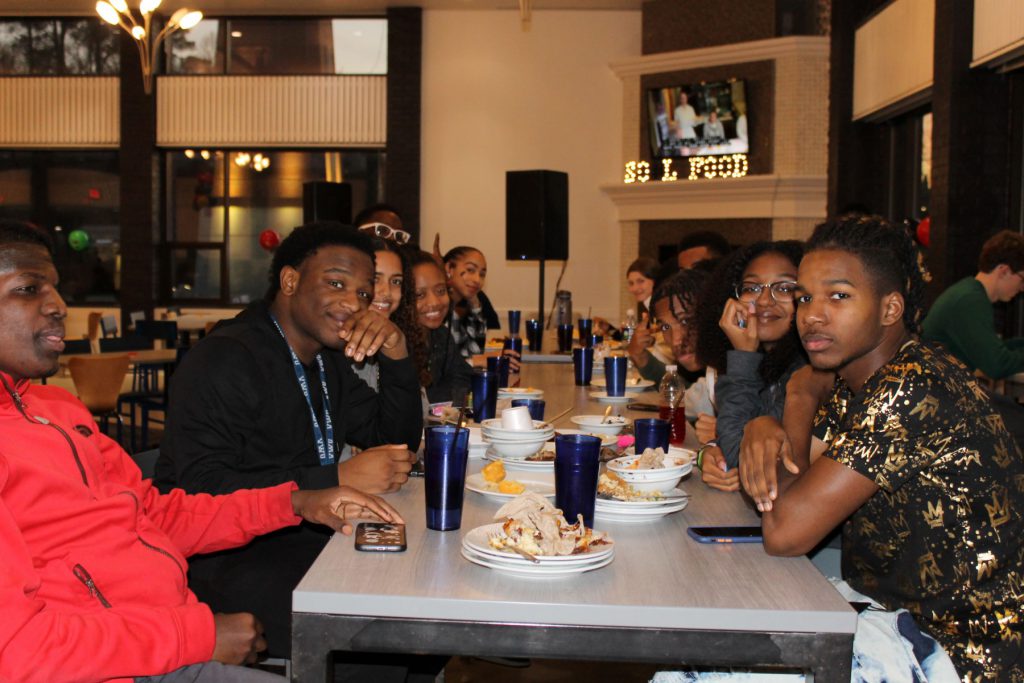More and more young adults are joining the workplace and leaving for higher education each year, and an increasing number are doing so with body modifications such as piercings and tattoos. However, tattoos in particular have caused concerns about discrimination.
There have been reports about young adults facing discrimination over tattoos and even being fired, as told by the BBC and other outlets.
With the rise of such reports, movements such as ‘Tattooed and Employed’ and its side branch ‘Tattooed and Educated’ have emerged. Both movements aim to combat discrimination those with tattoos face in the workplace and education fields.
“I think people are starting to be more accepting [of] tattoos because of how many people have them,” sophomore Ryan Baldwin said.
Baldwin also cited the popularity of celebrities who have tattoos as a factor in the changing public attitude, such as Dwayne Johnson. “He has a bunch of tattoos and he loves them, and since so many people love him, they want a huge shoulder piece also,” Baldwin said.
Sophomore Quentin Webert agreed. “Normally, I’d say the face is a pretty bad spot to have a tattoo, but Mike Tyson pulls it off.”
Despite the changing attitude, some students are still concerned.
Junior Devin Pee is considering getting a tattoo and said the thought of how people may react “crosses my mind a lot.”
“I’m a little worried, but I heard for my job it shouldn’t be a problem,” added sophomore Jarel Braxton.
Some students aren’t personally worried about tattoos, but have friends and family members who are. “My mom was worried about me hiding them. I, on the other hand, am not,” Webert said. “I don’t think they’ll be a problem in the profession I’m interested in. Plus, I have a long sleeve dress shirt for interviews.”
Many workplaces have a dress code or policy that prohibits visible tattoos, and there are no laws in place preventing employers from discriminating based on tattoos. Whether laws that protect those with tattoos from discrimination should be passed or not is a widely debated topic that varies from person to person, depending on who you asked, tattooed or not. Some believe that such laws should exist, while others disagree.
“I don’t think there should be any types of laws for tattooed people, only because they are optional and people understand some risk could occur,” Baldwin said.
Webert shared similar thoughts. “I don’t think there should be laws or anything protecting tattooed people. Truthfully, image is a big thing in business, so if a company doesn’t want to hire someone because they’re covered in tattoos, that’s their choice,” Webert said.
On the other hand, Braxton said he did believe there should be laws in place.
Laws aside, there are some types of tattoos whose reception even proponents are unsure about.
“I’d say no place shouldn’t have tattoos, because, like I said, every tattoo has a story and if someone puts it somewhere, like their neck, then they want people to notice it,” Baldwin said.
For Baldwin, the connection tattoos can create between people is something he pays attention to. “When I hear tattoos, I automatically think body art and then I think ‘why did someone get that tattooed on their body?’ Every tattoo tells a story and I believe most people want to hear that story,” Baldwin said. “If you have a nice tattoo with a nice meaning everyone will love it.”
Tani Martinez
eamartinez@vwu.edu

